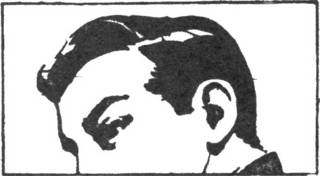Elsewhere on the Voices site, there's an interesting article about the speech of the East End. I've written about Benglish earlier: the BBC's research shows that this dialect is replacing Cockney in parts of London.
Speaking in an interview for BBC Voices, Sue Fox, a socio-linguist at the Queen Mary College, University of London says that a new dialect is emerging to replace Cockney and that it's a mixture between English and Bangladeshi... Fox's findings are the result of her research into the way that Cockney is being influenced by the speech of Bangladeshi and other communities in Tower Hamlets. In the interview with the BBC Fox says: "This is very exciting for linguists - the language of London is changing. The majority of young people of school age are of Bangladeshi origin and this has had tremendous impact on the dialect spoken in the area.David Crystal sees this phenomenon repeating itself in cities across the UK, as foreign languages and regional dialects mix and influence each other:
"What I've actually found with the young people in Tower Hamlets is that they are using a variety of English which is not traditionally associated with cockney English - it's a variety that we might say is Bangladeshi-accented. And in turn what I've found is that some adolescents of white British origin are also using these features in their speech as well".
For example, in Liverpool as well as the traditional Scouse accent you will hear distinct Caribbean-Scouse, African-Scouse as well as Indian-Scouse accents. In Cardiff I've heard a number of accent mixes that weren't previously heard before such as Cardiff-Arabic and Cardiff-Hindi. This pattern is repeating itself in many urban communities across the UK, people are especially keen to develop a strong sense of local identity.Fascinating stuff. Unfortunately, there aren't any recordings of Cardiff Hindi or Indian Scouse on the site, though I did find this clip of Lancashire Urdu...

No comments:
Post a Comment